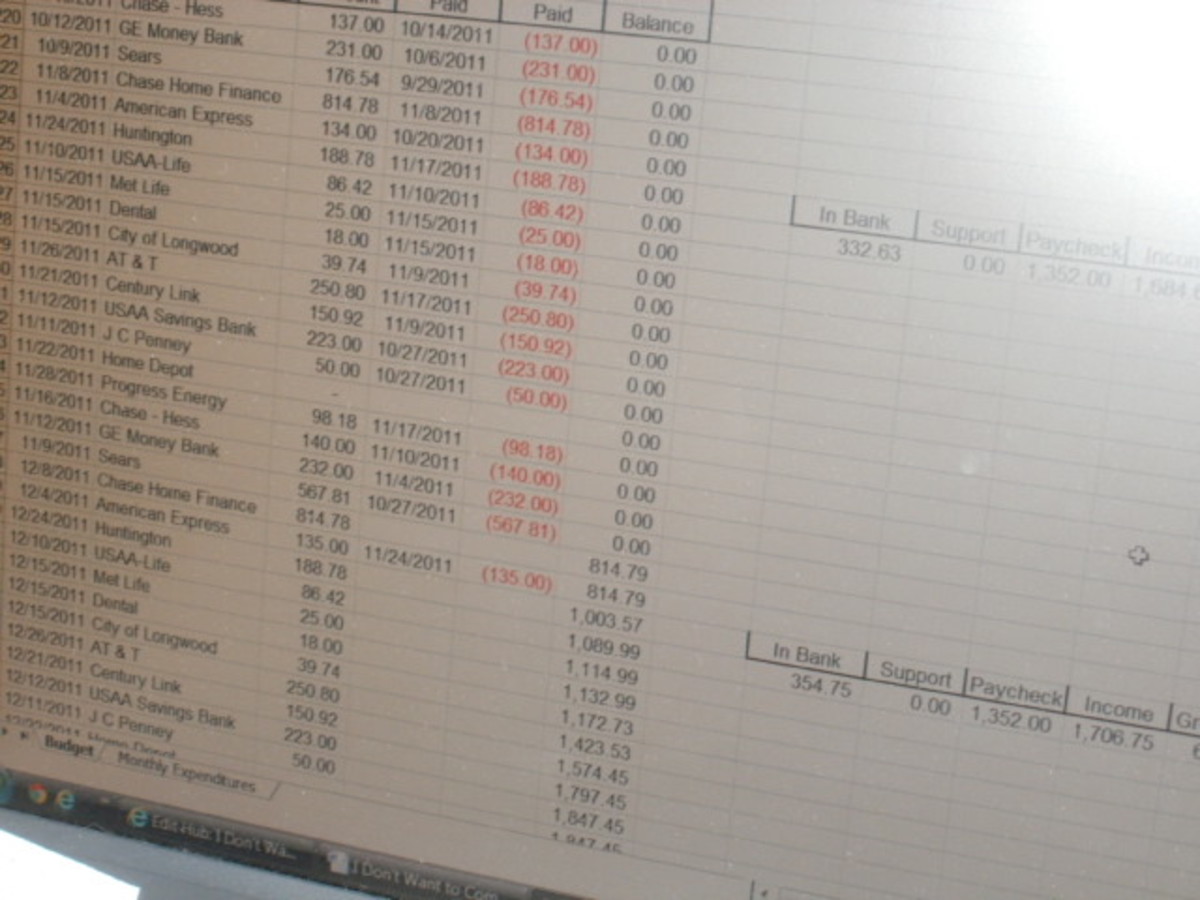How Do You Get A Promotion At Work?

Make A Start Today
I've worked In management for over 15 years and In this time i’ve promoted a lot of people through the ranks i've seen a lot of people desperate to come up but simply don't know how. Since a lot of people don't know how to get their leg up onto the next step I‘ve written this list of things you should be doing that will make you stand out and let your boss know you‘re management material.
Don't work harder, work smarter.
Working harder doesn’t always lead to a promotion. A lot of people make the mistake of thinking that a productive worker will make a good leader / manager. This Is not always the case. You'll often find that the reason a manager is Incompetent is because someone made the mistake of thinking that because they were a good worker that they'll be a good manager. What I'd like to do us give you a list of skills that will help you stand out above your peers. Any manager worth his salt will always look beyond the obvious and see the things In you that will make a good leader. And any manager worth his salt will help you develop those skills. What I'll do In this artlcle is give you the things that aren't always talked about In management books and other articles. These are the less obvious ones than the usual ”be punctual" or "come up with great Ideas”. Everybody knows about the obvious ones And the obvious ones won’t always get you noticed.
People who do the hiring and promoting know how to identify the skills of a good leader. Now, It doesn't mean you need all these skills. When a recruiting exercise takes place (either internal or external) each workplace has Its own challenges so management will be looking for a person with a particuiar set of skills. A good example of this was around 9 years ago when I worked for a company that was closing down a graphics department. We need to transfer the skillsets of the people who worked in this department to other people In the business and prepare the graphics department staff for redundancy. We had to go to the job market and find someone who had experience in winding down departments and dealing with staff who are aware they're losing their jobs but still need to pass knowledge on to the staff who will be remaining. Not an easy task. We did eventually find someone who managed this task And being able to put this type of achievement on their CV would have really made them stand out In the job market. One more example Is when I needed to hire a production manager to manage a team that was notoriously difficult to work with. They had worked In this department for years and had been neglected by previous management and became jaded. We needed someone with strong people management skills and In depth HR experience. We had a lot of people apply that didn't have much management experience at all and had some people who interviewed like they wanted to be peoples friends rather than a manager. This department would have eaten them alive. We found someone with the expenence we we’re looking for and they managed to turn the department around in less than 6 months. They did this by managing the deadwood out (this is where the HR experience comes In) and then getting the remaining staff motivated once more.
One point to take from this is that you can choose to specialise in certain elements of management or you can have some degree of experience in all aspects. Both will have pros and cons. l just want to say before I move onto the list. That one of the most important things you can do first and foremost is to let your boss know you are looking to progress. Nothing gets me going more than when someone approaches me and tells me they want my job or when they ask to sit down to create a development plan for them to progress within the business. These are the things most managers live for. It sounds sad but it's true. But once you make the decision to move on in the workforce, you no longer have friends. Most people get their chance to step-up in the department they work in and you’ll be managing the same people who you normally go drinking with. My experience is this very rarely ends well. The sad part is the people who try test you as a new manager or team leader are the people who you least expected... the people who you thought were your friends. So...here are the things I look out for in a potential team leader/ manager. A
Mentor/ A Coach.
This one is important. When I promote someone or step someone up to a team leader then you're effectively looking after a team of people and to do that successfully you need to get the best out of them. This is probably one of the most important factors for me personally when I look at who‘s ready to move on to the next step. Being able to get the best out of people shows you're not just 3 results person, It shows you care about the people you work With. And when you show people you care they’ll follow you as a leader. If you do this your boss will see you as a natural. Someone who can step into his or her shoes when the time comes. For me, when I was at the bottom of the ladder, I always stepped in to help other staff members who struggled or were lagging behind everyone else. And I always made sure my boss knew about it. I went to my boss and offered my services to train other people or write working guides on how to do certain tasks. This shows you're working to better the team. You're a true team player.

Know your department well
In my early career as a team leader my manager used to come to me multiple times a day and ask where we were with todays plan and what the challenges were. But being a little wet behind the ears at this stage I'd either um and arr or just make it up on the spot. And let me advise you now, A good manager knows when your bulls*itting him. Chances are they already know the answer. Now there’s nothing wrong with saying you don't know off the top of your head and you’ll go find the answer, but it's even better if you know this information already. It shows you have a grip on your department, Someone who knows the challenges for the day already has solution in place. After all, managers don't like surprises. My team know that any bad news or challenges are raised first thing in the morning and not brought to me at 4pm. This shows you aren’t in control. Make a point of familiarising yourself with the status of the department even if it’s not within your direct remit because this shows you're thinking of the larger picture. After all, a good manager thinks in 4 dimension and always 4 steps ahead.
Creative thinker and a problem solver.
I always start with the old adage. A manager always says to his team, don’t come to me with problems, come to me with solutions. A bit cheesy but it’s true. I tell my team that I don’t want to hear about the issues your having. Come to me with your issues and a few solution that you need to run by me, l’m always impressed by this. Better yet. Tell your manager you had this particular issue and you've already put a solution in place. Don't think you’re over stepping your mark because a good manager likes it when his team take the initiative and solve problems. It means he doesn't have to get involved in minor issues. He gets to focus on what he's paid to do and deal with the bigger issues. This lets you manager know you're a creative thinker and a natural problem solver. This skill will really make you stand out above your peers.
Be an Enabler/ Pragmatic
One skill you won’t read about much in other articles or management books. Any modern workplace will be constantly evolving so changes often come thick and fast. A managers job is to get the buy in from the team to support these changes. Sometimes these changes might not seem right or might make tasks more complicated. So when this happens, there‘s nothing worse than when people dig their heels in and make rolling changes out difficult. I've worked with some great people who would have been destined for greater things but because they alway fought the changes, or made it difficult to roll out I'd always avoided promoting them. If they make my life hard then l just cant have them in the leadership team. Being an enabler, even if you don't fully agree with the changes, will make you an asset to your boss. You can always air your concerns but do it productively. Help roll the changes out, see what the impact is and feed that back to your boss with facts.
Don’t expect compensation straight away.
I've seen too many potential careers ruined because the people who shined a little brighter than the rest were given a little extra responsibilities to see how they handled it. Instead of using the opportunity to show everyone what you’re made of they demanded more money to take on the extra work. Let me tell you, as soon as I come across people like this the go straight back to their regular work. You should always use this as a time to learn and gain some experience. That’s is far more valuable than an extra £1:50 an hour you wanted. What some people don’t realise is that anyone in a position like team leader or management has had to earn their stripes by doing the extra stuff for free. Once you prove your worth then you get paid. Not the other way round.








